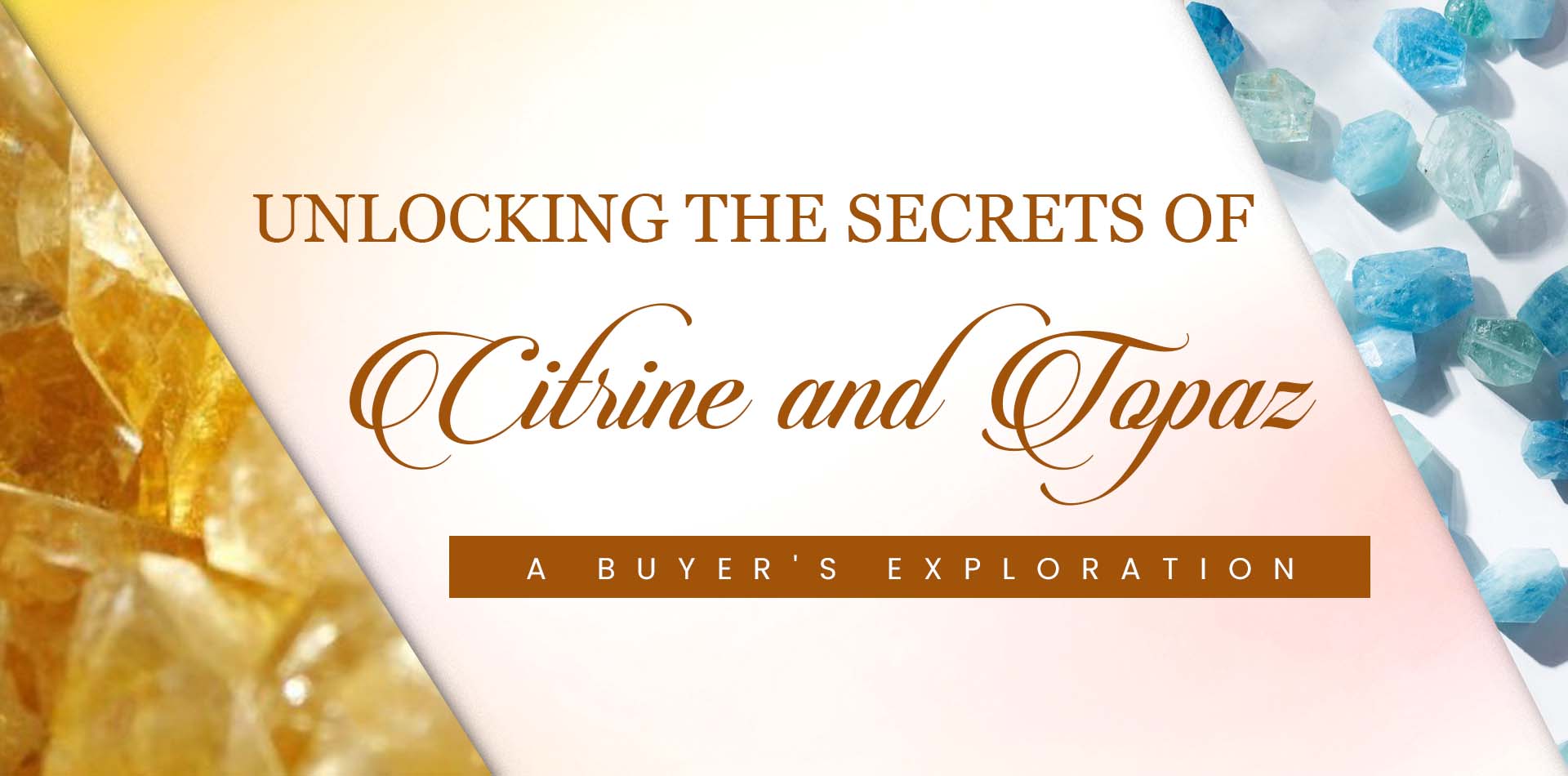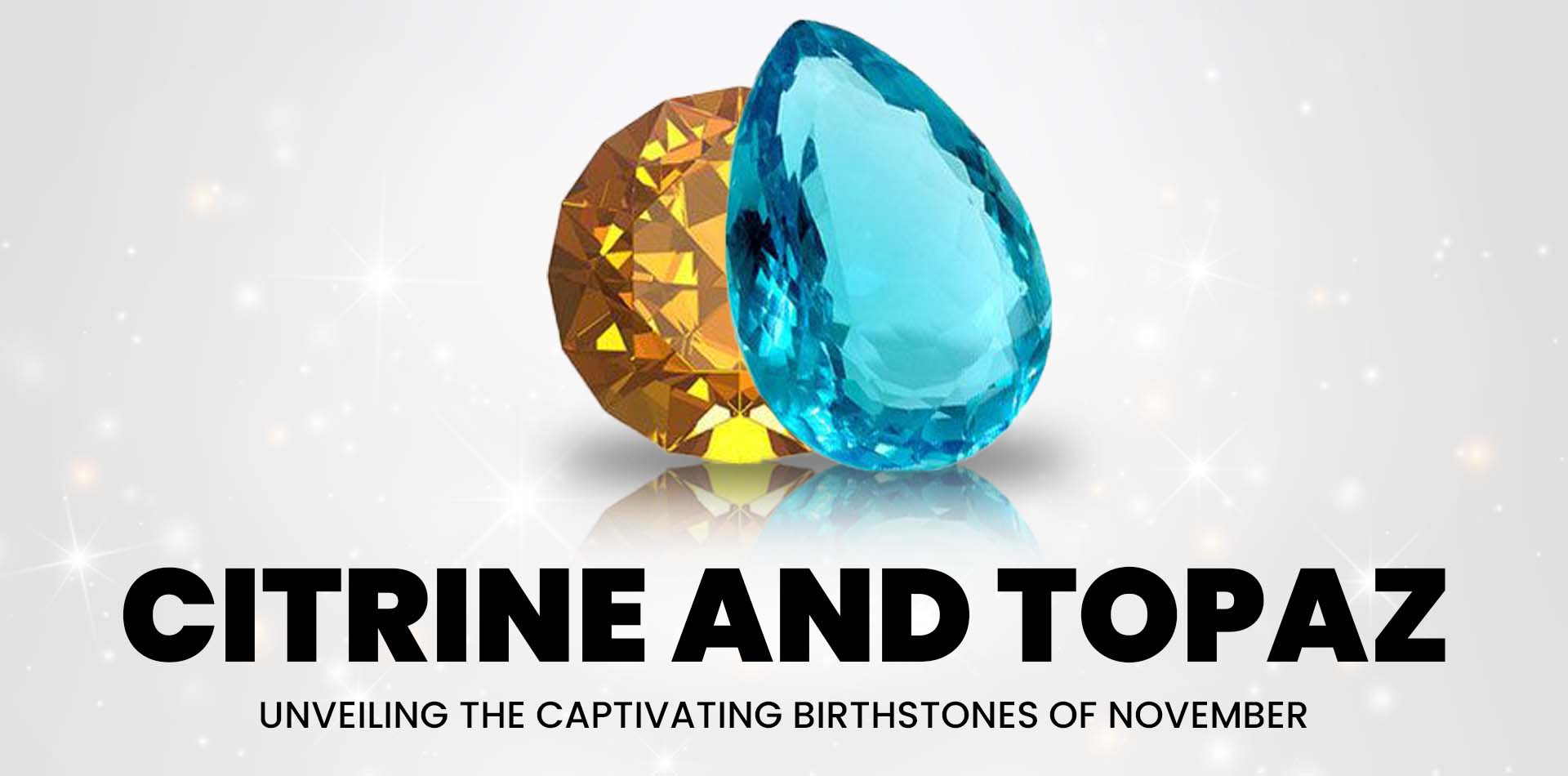From Amethyst to Zircon: Gemstone Care Tips for Every Stone
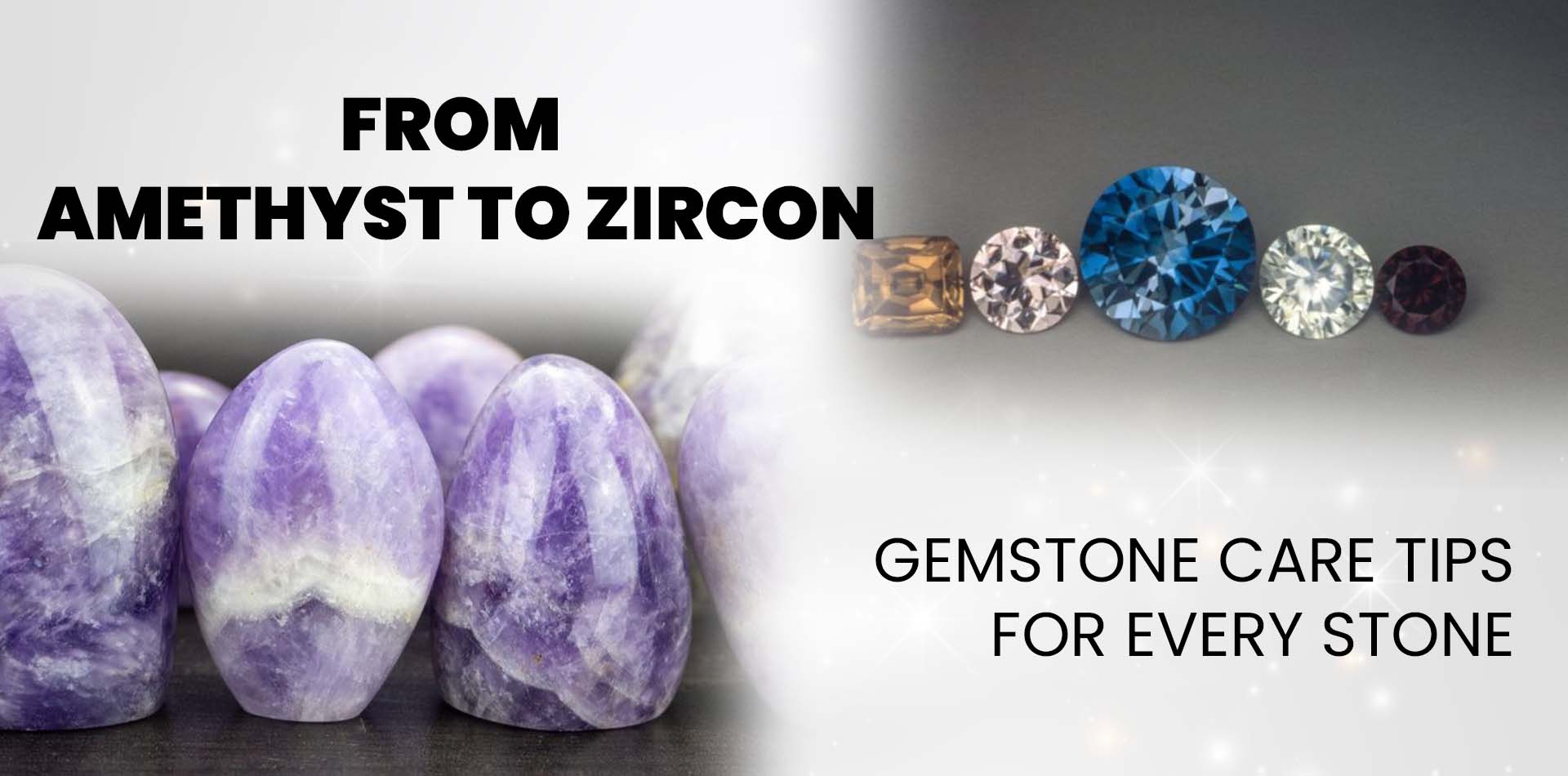
The enduring appeal of gemstones is derived from their innate beauty and vivid hues. These priceless stones have been prized for their scarcity and aesthetic appeal throughout history, from the flaming brilliance of diamonds to the iridescent shine of opals. It is crucial to realize the significance of appropriate care and upkeep if you want your jewels to keep their brilliance and allure for many generations to come.
In this gemstone care guide, we will explore the nuances of gemstone maintenance in this book, giving you priceless tips on how to handle, store, and clean these priceless gems according to their particular characteristics. By adhering to these rules, you'll not only protect the beauty of your gemstone collection but also know how to care for gemstones so they leave a lasting legacy for upcoming generations.
Understanding Types of Gemstones
It's important to realize that different gemstones have different levels of hardness, which influences their durability and susceptibility to damage, before diving into precise maintenance requirements. A helpful tool for determining a gemstone's hardness is the Mohs scale:
- Soft: Gems like pearls, opals, and turquoise are classified as soft (1-3 on the Mohs scale). These stones need greater attention because they are more fragile.
- Medium: Amethyst, garnet, and aquamarine are among the stones classified as medium (4-6 on the Mohs scale). Although they are reasonably sturdy, they nevertheless need to be handled carefully.
- Hard: Rated 7–10 on the Mohs scale are mostly rubies, sapphires, and diamonds. These stones are less likely to chip or scratch and are incredibly resilient.
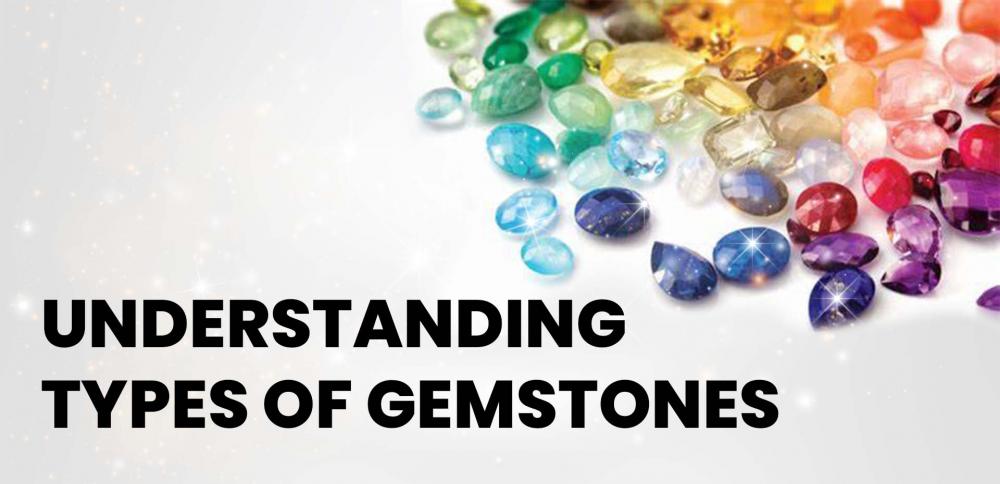
Gemstone Cleaning Methods
One of the most important Gemstone care tips relates to how you clean them. Cleaning your gemstone jewelry on a regular basis with the right techniques is necessary to keep it brilliant and sparkling. The finest cleaning methods for gemstones depend on their specific hardness, which varies throughout them. Depending on the hardness of the gemstones, the following are efficient ways to clean them:
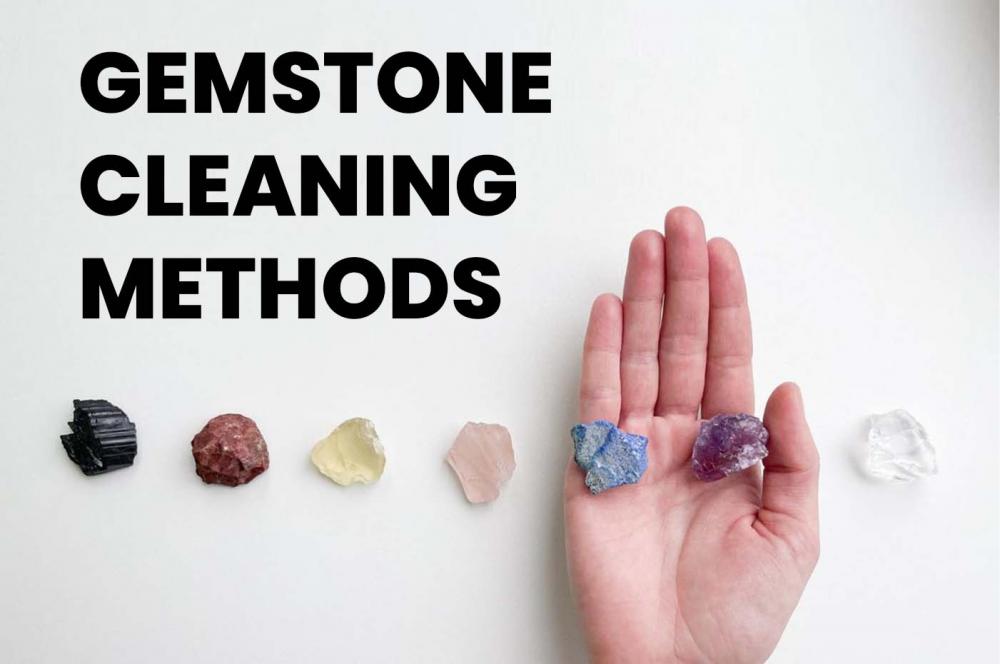
1. Soft Gemstones (1-3 Mohs Scale)
To prevent damage, soft gemstones such as turquoise, opals, and pearls need to be handled gently:
Damp water and a gentle cloth:
- Wet a gentle cloth with a mild solution of water.
- Wipe the gem gently to get rid of any oils and debris on the surface.
- Wipe the gemstone dry completely with a soft, clean towel.
Prevent immersion:
- Because delicate gemstones are permeable and can absorb liquids, avoid submerging them in water or any cleaning solution.
Storing gemstones separately:
- To avoid scratches, keep jewelry made of soft gemstones apart from jewelry made of tougher gemstones.
2. Medium Gemstones (4-6 Mohs Scale)
Gemstones with a medium hardness, such as aquamarine, garnet, and amethyst, can tolerate a little more aggressive cleaning techniques:
Warm water and soap:
- Pour some warm water into a bowl and add a few drops of dish soap.
- To get rid of filth and dirt, gently scrub the gemstone with a soft brush.
- After gentle rinsing, pat dry with a towel.
Steer clear of ultrasonic cleaners:
- It's advisable to err on the side of caution and avoid ultrasonic cleaning, even though some medium-hard gemstones can withstand it. When in doubt, seek professional advice.
3. Hard Gemstones (7-10 Mohs Scale)
Hard gemstones, such as rubies, sapphires, and diamonds, are more resilient and resistant to a range of cleaning techniques.
Mild Soap and Warm Water:
- Make a mild dish soap and warm water solution.
- To get rid of grease and grime, gently scrub the gemstone with a soft brush.
- After a thorough rinse, pat dry with a fresh cloth.
Cleaning Solution for Jewelry:
- For hard gemstones, use a jewelry-specific cleaning solution as directed by the manufacturer.
Steam cleaning and ultrasonic cleaners:
- Steam cleaners and ultrasonic cleaners are safe ways to safely clean a variety of hard gemstones. For precise advice depending on the kind of gemstone and setting, speak with a specialist or jeweler.
Avert harsh chemicals:
- Hard gemstones are more resilient than soft gemstones, but it's still advisable to keep them away from abrasive cleaners and strong chemicals.
Keep in mind that while cleaning gemstone jewelry, handling it carefully is essential. Particularly when handling delicate settings or inclusions, apply light pressure and refrain from applying too much force. Seek advice from a qualified jeweler if you're unsure of the ideal cleaning technique for a particular gemstone. Your gemstone jewelry will continue to shine and enthrall for many years to come with the right maintenance and cleaning.
Special Cases
Every gemstone is a special piece of nature with unique qualities and traits. It's critical to comprehend and use certain gemstone maintenance techniques in order to preserve the longevity and beauty of your jewels. The following are specific cleaning guidelines for some of the most well-known gemstones:
1. Diamonds
- Because of their remarkable endurance and hardness, diamonds are comparatively simple to maintain.
- To remove grease and filth, use a soft brush, warm water, and mild soap.
- For specialist diamond cleaning materials, speak with a jeweler or use a commercial diamond cleaning solution.
- Diamonds should not be exposed to abrasive materials or strong chemicals as this could reduce their brilliance.
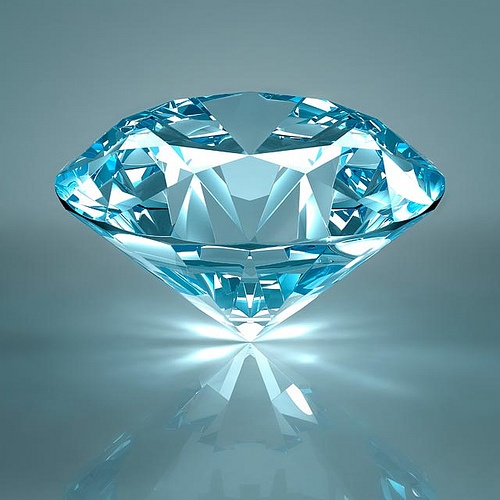
2. Emeralds
- Due to their greater softness, emeralds are more prone to scuffs and other damage.
- Use warm water, and some mild soap to clean. Steer clear of bristly materials or brushes.
- Emeralds should not be exposed to intense heat as this might lead to fractures or other damage to the stone.
- Emeralds should not be exposed to strong chemicals as this may change their clarity and color.
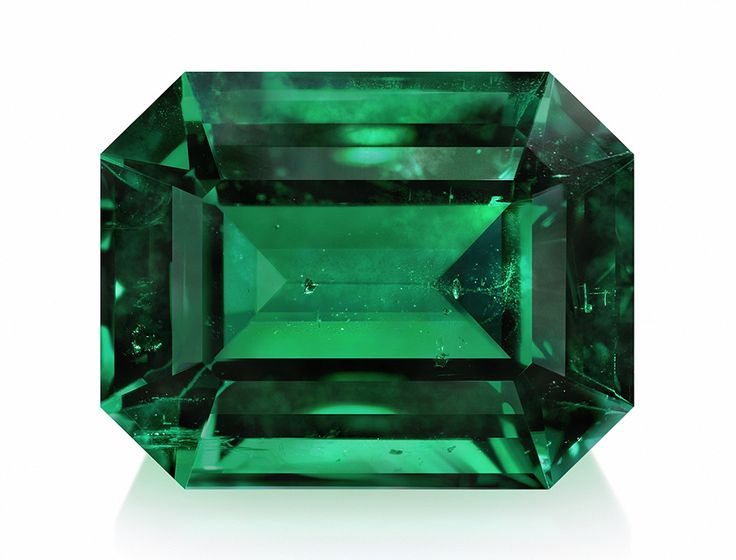
3. Opals
- Delicate opals are prized for their eye-catching color play.
- Use a gentle cloth dampened with soap to clean. Steer clear of bristly materials or brushes.
- A lengthy period of heat or direct sunshine might cause color fading or cracking. Avoid these situations.
- Opals should be kept cold and dry to avoid being harmed by temperature and humidity fluctuations.
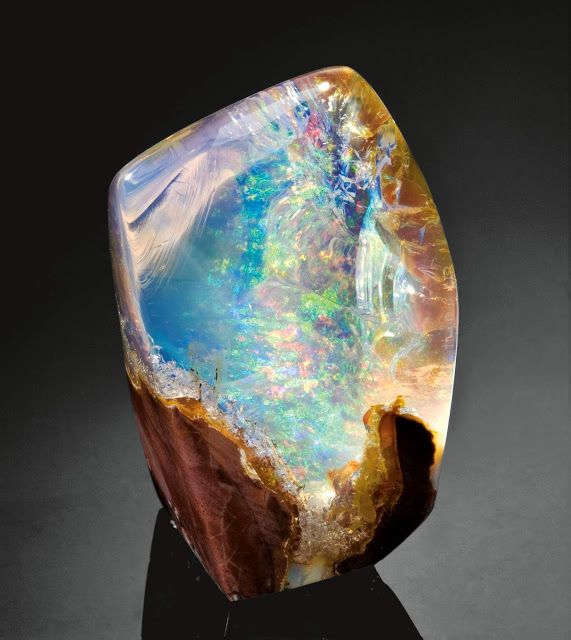
4. Rubies and Sapphires
- Sapphires and rubies are two of the hardest gemstones; they are both members of the corundum family.
- To remove grease and filth, use a soft brush, warm water, and mild soap.
- For deeper cleaning, use steam cleaning or an ultrasonic cleaner; if in doubt, speak with an expert.
- Steer clear of harsh chemicals and extremely high or low temperatures.
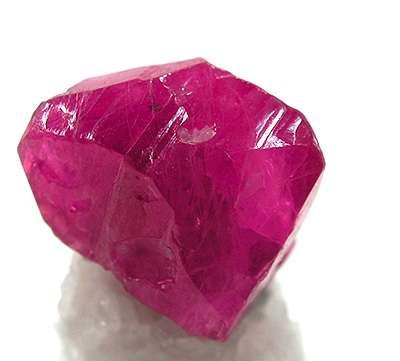
5. Ambers
- Amber is a fossilized resin possessing rich colors and a distinct warm glow.
- Use a gentle cloth dampened with soap to clean. Steer clear of bristly materials or brushes.
- Steer clear of strong chemicals as they may harm the amber's surface.
- Amber should be kept out of direct sunlight to avoid color fading.
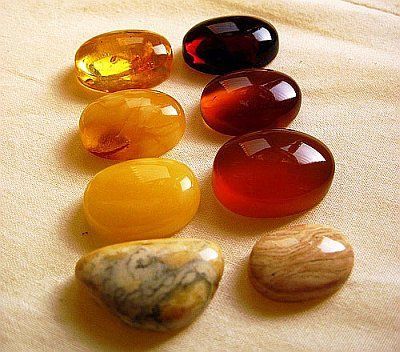
6. Pearls
- Because they are organic gemstones, pearls need special maintenance to keep their integrity and shine.
- After wearing, wipe pearls with a gentle cloth to get rid of perspiration and grease.
- Pearls should not be exposed to water, chemicals, or high temperatures.
- To avoid scratches, keep pearls and other gemstones apart in storage.
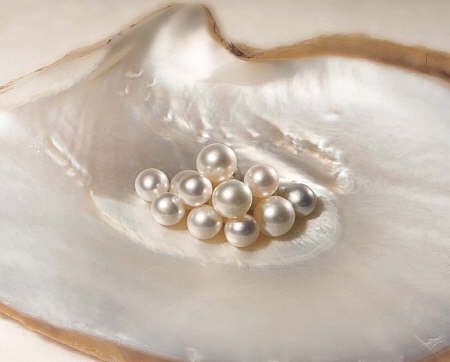
Conclusion
In this gemstone maintenance guide, we stressed upon the fact that taking good care of your gemstones is an act of love that will keep them looking just as beautiful as the day you bought them. You can take pleasure in your gemstone jewelry for many generations to come if you comprehend their unique requirements and adhere to the cleaning and maintenance procedures described in this guide. Keep in mind that every gem is different, so it's always a good idea to get professional advice on any specific maintenance requirements. Your diamonds will shine and amaze for many years to come with proper maintenance.

